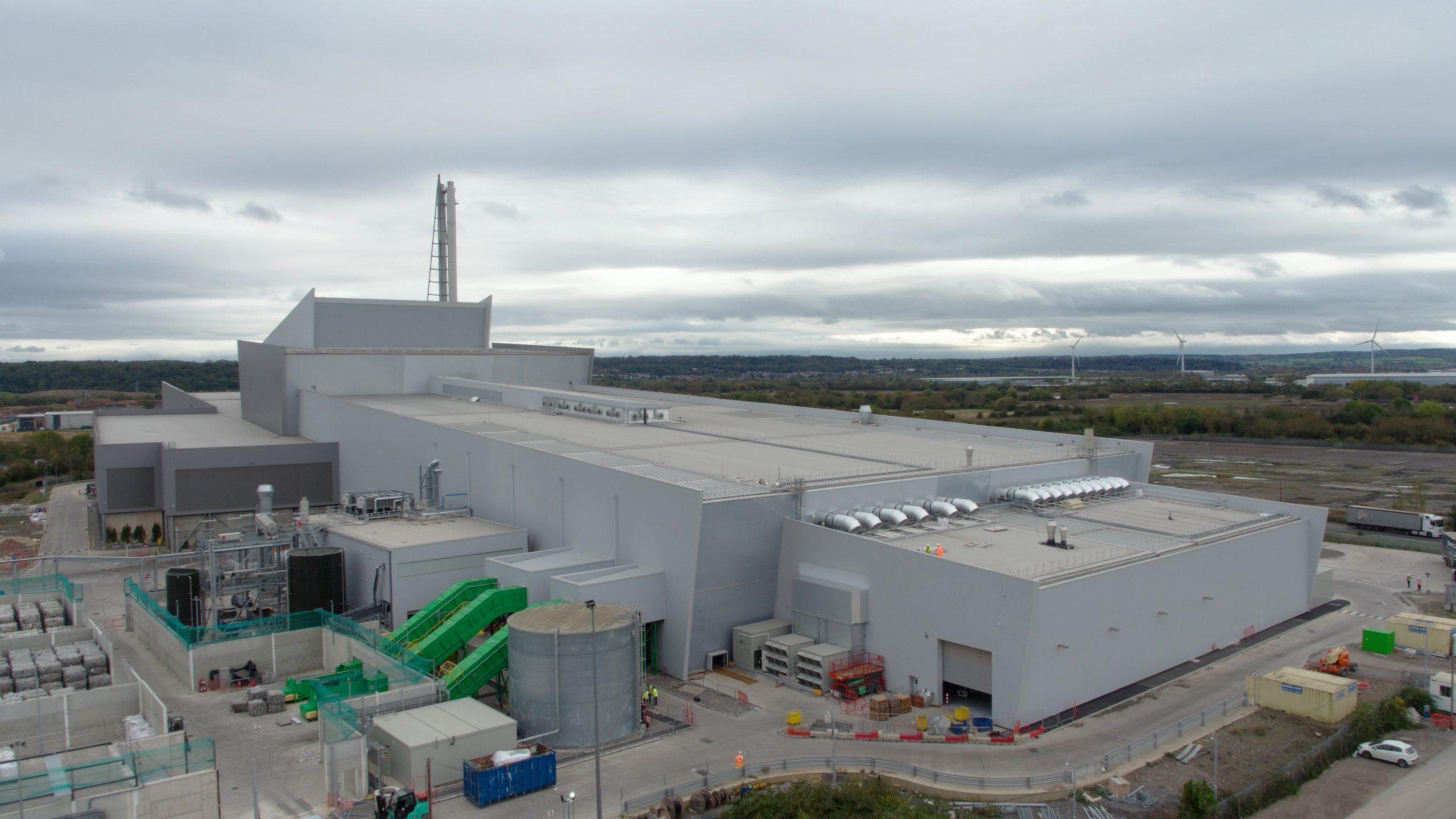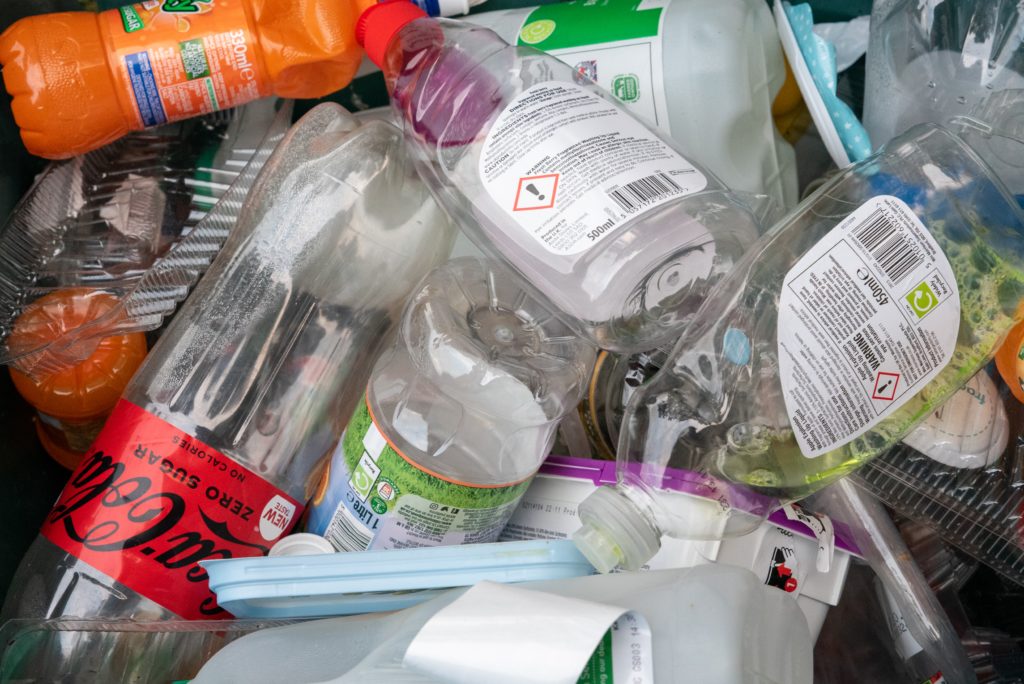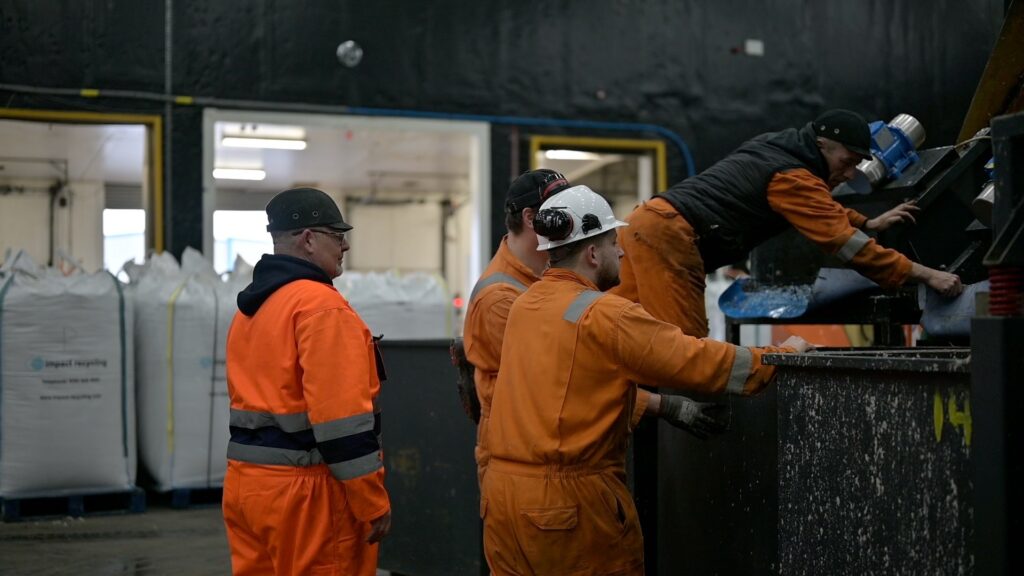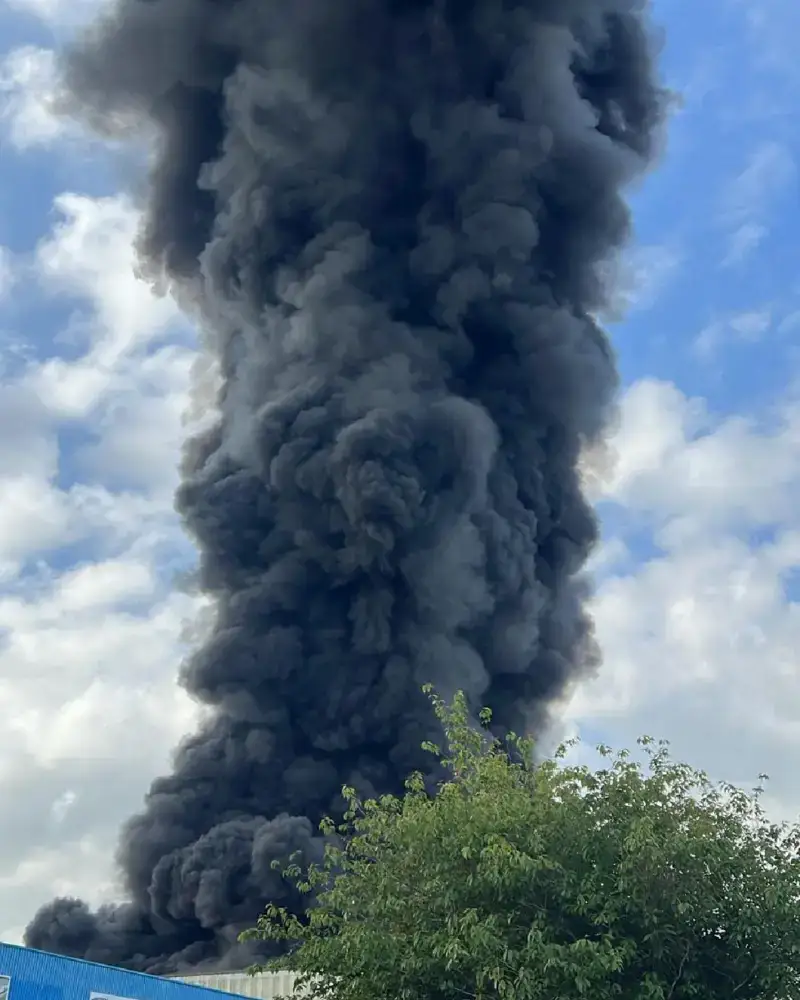The BIR held a meeting of its plastics committee in Barcelona on 25 May, during the Brussels-based international trade association’s annual convention.
And, in the UK, collectors of plastic bottles and film for recycling also report strong demand and higher prices across all the grades.
BIR forecast
Doug Woodring, founder and managing director of marine conservation NGO Ocean Recovery Alliance, was a guest speaker at the BIR plastics meeting. He suggested the global market for recycled material was forecast to grow around 30% from 2020 levels to £36 billion by 2025.
This is a very great opportunity for those of you in the recycling industry
– Doug Woodring, Ocean Recovery Alliance
“This is a very great opportunity for those of you in the recycling industry,” Mr Woodring said, citing Nestlé, Coca-Cola, Ikea, P&G and Unilever as examples of big brands trying to get more recycled content into their products.
However, he claimed this was proving to be “a giant challenge” for the brands because the necessary supply chains were not in place and “you cannot find the feedstock”.
Mr Woodring suggested an investment of £44.3 billion in global processing infrastructure would be required to meet increased demand during the next five years, rising to £316.2 billion by 2040.
Until these “necessary infrastructure investments” are made, he said, the annual shortfall of recycled material would be a minimum of 6 million tonnes.
Mr Woodring also identified the current global plastics recycling rate of 10% as a potential market barrier.
Supply
Several other industry experts spoke during the meeting. Dr Steve Wong, executive president of the China Sustainable Plastics Association, identified an “urgent need” for more investment in upstream collection, sorting, grinding and washing infrastructure. In the Far East, Mr Wong said, “most factories operate at less than 20% of their capacities.”

Max Craipeau of Hong Kong-based Greencore Resources Ltd chaired the meeting. He too noted the current “extremely high prices” for recycled plastics.
Alongside sourcing feedstock, Mr Craipeau identified shipping costs as “really restricting the flow of material globally”. Whereas a 40-foot container heading from Asia to Europe or the USA two years ago would have cost around $2,500 (£1,976), Mr Craipeau claimed, the outlay was now nearer $15,000 (£11,856).
Mr Craipeau listed the impacts of the Ukraine conflict, high energy prices, inflation and the lack of labour as other pressures affecting the plastics recycling sector.
UK ‘shortage’
The UK is also experiencing a shortage of material for recycling, which is one factor in significant price rises for a number of grades. In particular, the value of used milk bottles – made from natural HDPE – has risen to more than £1,000 per tonne.

One recycler said: “It is hard to believe that a lorry load of used milk bottles is now worth over £20,000.”
Competing demand for the used milk bottles is largely driving the price, with plants such as those run by Biffa keen to ensure the supply of material.
However, other operators are also anxious to secure tonnage and there will be increased pressure in the UK market for a range of bottles when Viridor’s Avonmouth facility comes more fully online.
PET for recycling is also much in demand, driven partly by the bottle sector but also by tray manufacturers as they start to look for recycled material, such as coloured PET.
Pressure
The high sums being paid are proving challenging for both recyclers and users of the material. One recycler said that medium-sized businesses could find themselves under “cashflow pressure” because of the high prices.
At the other end of the chain, there is also said to be concern among manufacturing giants over the high cost of recycled feedstock, even though many have committed to using more recycled material.
The manufacturers – or ‘producers’ – are having to balance the cost of meeting the requirements of the 30% content plastic packaging tax while potentially finding it cheaper to pay the tax than use recycled material. That, however, might not be politically acceptable for large businesses, letsrecycle.com was told.








Subscribe for free